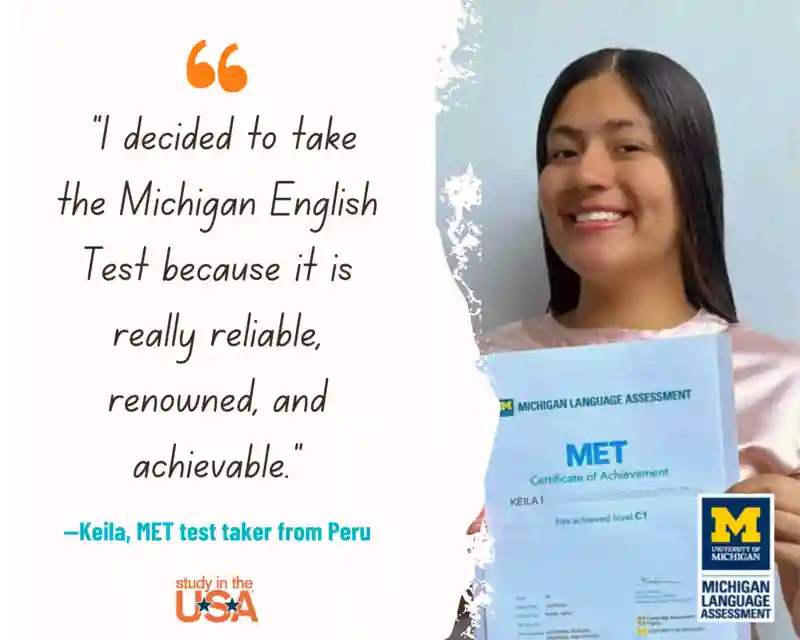Simple, Healthy Cooking for Students

Being a student doesn’t mean you have to eat poorly for four years while you earn your degree. Learning how to cook healthy meals can be simple. All you need is a little preparation, seasoned with a dash of creativity, and you can easily create delicious meals for yourself and friends. Keep these tips in mind when cooking at your university.
Take Inventory
Many recipes will call for an oven, a refrigerator, or a stovetop, but your university living situation may not include all these appliances. Take inventory of what’s available to you before you start researching your recipes. For example, if you’re in an on-campus residence hall, you may not have the amenities of a full-size kitchen. Many universities offer kitchens on campus, where students can use appliances they may not have in their living space. Figure out what cooking appliances are at your fingertips, then begin researching future meals with those restrictions in mind.
Meal Prep
The internet is the best place to search as you begin your healthy cooking journey. A simple search can yield thousands of recipes. If you’re overwhelmed with choice, narrow your search by adding keywords like, “easy recipe + sweet potatoes + healthy”, and see what you can find.
In fact, if you decide to stick to one main ingredient for simplicity’s sake, that doesn’t mean you have to skimp on flavor. There are plenty of healthy foods -- like sweet potatoes -- that you can prepare multiple ways while still keeping all the health benefits. Many bookstores also offer cookbooks that are specially written for students that keep everything simple, but delicious. You can also reach out to the cook in your family for their favorite recipes from home. This is also a great way to cure homesickness and bring a taste of your culture to your friends on campus.
Try It Out
When you do find some recipes you’d like to try, write down every ingredient on one list so you don’t forget anything. Once you have all your ingredients, the fun begins!
Try different recipes every week and explore the different places that you can take healthy dishes. Invite friends to cook with you and include their culture in your cooking to transport your taste buds as you try new recipes. By making healthy meals, you’ll not only feel better, but by including healthy fats, leafy greens and protein in your diet, you’ll be more focused in class.
And to ensure that healthy food helps you focus -- rather than adds stress to your week -- prepare several meals on your day off. Then, pack up your cooking in Tupperware so that it’s ready during the week. That way, you won’t have to divert time from studying toward meal prep, but you’ll always have healthy food available to fuel your body, and your mind.
Don’t eat dining hall food or microwave soup just because you feel like you have to. Surf the internet to find healthy recipes that include all your favorite foods and give them a try. You’ll learn a new skill that will serve you outside of the classroom for your whole life, and cooking may just become your new favorite hobby!
Study in the USA
Finding the perfect apartment is no easy task, but with a little time and effort, it can be manageable. Keep these tips in mind to make your transition as a U.S. student as seamless as possible! For more information on CORT’s furniture rental solutions, please visit www.CORT.com.
Get matched to the best program for you
Let us know what you're looking for so we can find the best school for you.
Useful Articles
Проверьте эти учебные заведения




University of North Georgia
Typical cost per Year: $15,000—$20,000

Portland Community College
Typical cost per Year: $10,000 — $15,000

Glendale Community College
Typical cost per Year: $5,000—$10,000
Start your U.S. adventure with Study in the USA

Learn About U.S. education financing, housing, and more
Resources
Learn about American culture and education direct from our experts at Study in the USA. Read more












